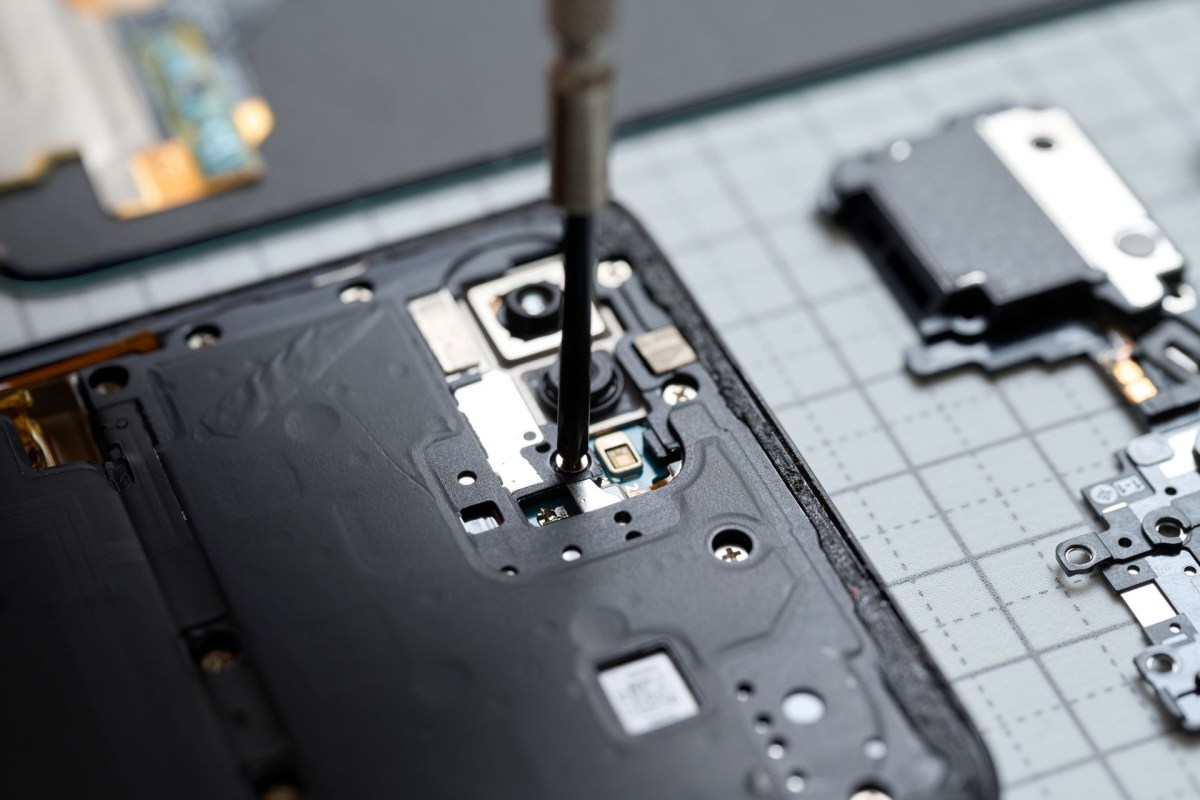Phone batteries tend to wear out after only a few years, but the problems don't end there: the batteries contain heavy metals, which can be damaging to the environment if they are disposed of incorrectly. And yet, figuring out how to dispose of your old phone correctly can be a daunting task. Luckily, researchers in Australia may have found a way around all of that.
The team of researchers from the RMIT School of Engineering used a nanomaterial called MXene to create a battery that could last up to nine years. ScienceDaily reports that this battery could become a viable alternative to the industry standard lithium-ion batteries, which wear out very quickly and are a challenge to recycle.
MXene has high electrical conductivity, similar to graphene, but with even more benefits because of how malleable it is, according to the researchers.
"Unlike graphene, MXenes are highly tailorable and open up a whole range of possible technological applications in the future," Professor Leslie Yeo, the lead senior researcher on the project, told ScienceDaily.
The problem with MXene is that it rusts. But the researchers found a way around that, as well — by using sound waves at specific frequencies to remove the oxidation. Through this process, the batteries could be cleaned every few years, giving them that massive (for batteries) nine-year lifespan. Crucially, by removing the rust without the use of additional chemicals, the battery itself is not harmed in the process.
The research team also thinks that the applications of using sound waves to restore oxidized materials could reach beyond just batteries. It could potentially be used to create longer-lasting renewable energy storage, wireless transmissions, and more.
The problems with lithium-ion batteries — how to get more out of them, how to recycle them, and what viable alternatives might exist — are among the most pressing issues facing clean energy industries.
It's not just researchers at RMIT trying to tackle the problem. Researchers at Oregon State University recently came up with a zinc battery, and a Chinese company unveiled a sodium-ion battery. Meanwhile, other researchers are hard at work developing recycling options for the lithium-ion batteries that are currently powering many of our devices.
Join our free newsletter for weekly updates on the coolest innovations improving our lives and saving our planet.









